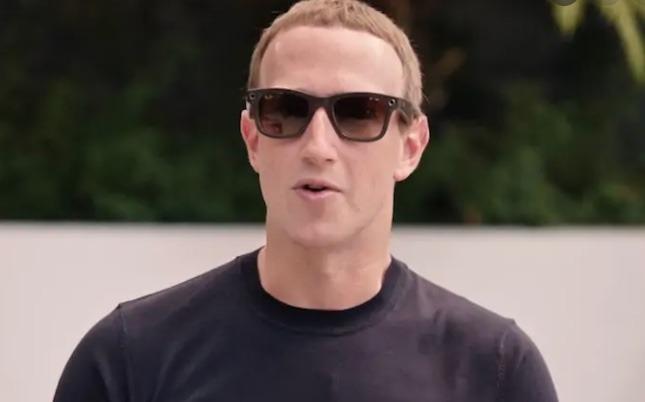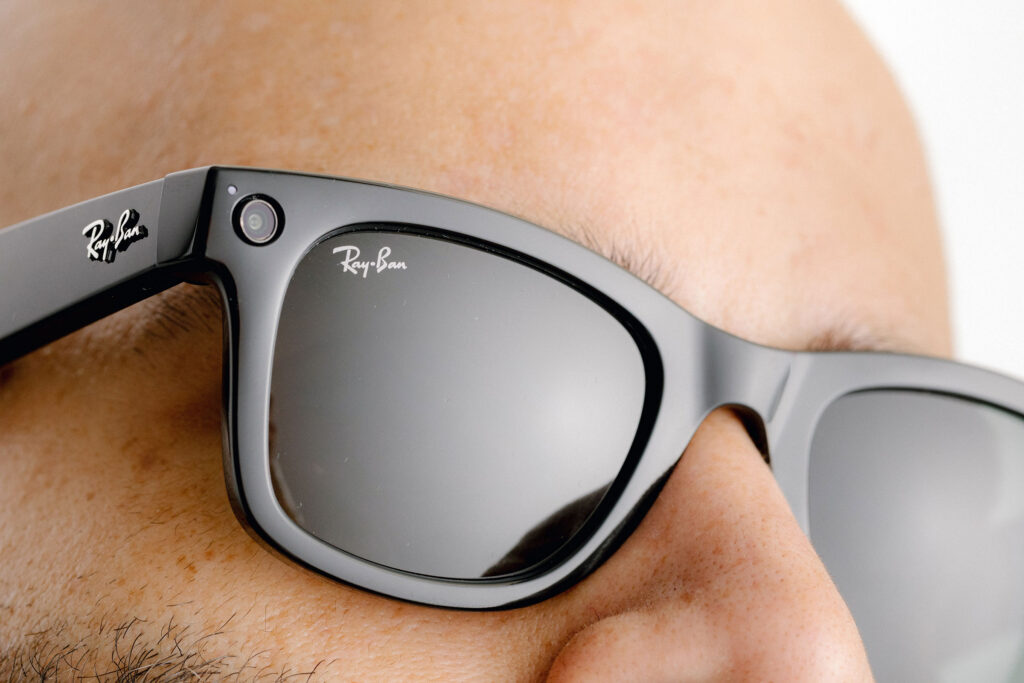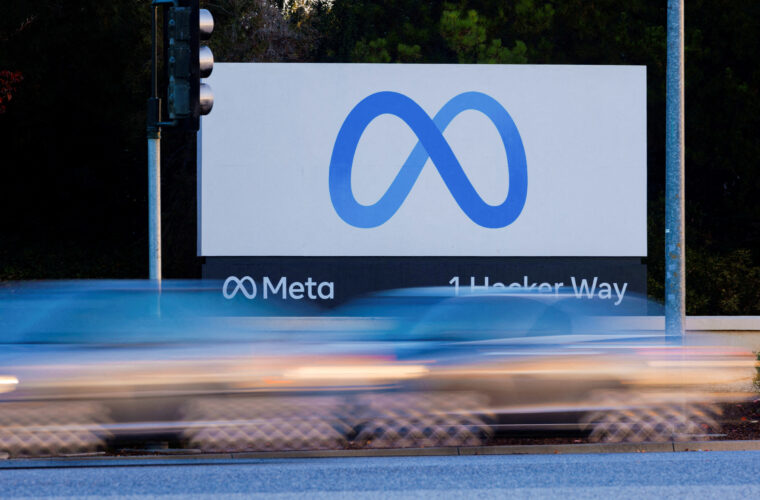RayBan Stories arrive, yet another privacy issue for Facebook
They have finally arrived. Facebook’s first connected glasses are a reality. Or rather, the hand of Facebook is there and you can feel it, but the bulk of it is in part by EssilorLuxottica, which has taken three models of RayBan and modified the heart, to make it hi-tech.
The job was to integrate a Qualcomm Snapdragon processor, two speakers in the middle section of the temples, a three-way microphone, Bluetooth connection and voice assistant underneath a cult object of every era. All this to bring to market a first attempt to consolidate in a market which, given the previous flops, we can well say does not yet exist.
Let’s start with the specs. There are three models to choose from: Wayfarer, Meteor and Round, each in different colors. There are also sunglasses, transparent lenses, transition lenses and graduated lenses. The prices are not prohibitive at all: 329 euros for the complete sunglass version, to which the cost of clear-glass or prescription lenses must be added. Let’s say that for less than 500 euros you can take home the whole package. A lot? Little? Well, it depends. There are certainly much more beautiful and cooler models of glasses, but how many of them allow you to take photos, shoot videos, answer the phone or listen to Spotify without having to wear earphones and headphones?

All is by app
On iOS and Android, to manage the glasses, you have to download the ‘Facebook View’ app. It may seem trivial, but it’s handy for connecting devices and viewing the gallery of recorded content for posting elsewhere. But that’s not all: the video editor is so well done that you can cut, apply filters or even merge several films, choosing from a host of background music and text intros.
Facebook AI Assistant, on the other hand, is a pompous description of a voice assistant that responds to just two commands: ‘Hey Facebook, shoot a photo’ or ‘Hey Facebook, take a video’. But this is only a preview of what it will be able to do tomorrow, for example, start the music player or call contacts.
Are RayBan Stories ‘must-have’ accessories? No, not at all, but they do represent a first glimpse of the Metaverse that Mark Zuckerberg has repeatedly referred to. A way of taking Facebook outside of Facebook, beyond the physical perimeter of a computer or smartphone. This is not about having a small screen to scroll through your wall or chat with your friends, but we will get there because we know, thanks to Google and its Glass (paradoxically developed in the last instance with Luxottica), that it is possible to create a similar product. It’s just a question of how ready people are to use it.

The privacy issue
First of all, the Italian Data Protection Authority contacted Facebook to ask for guarantees and clarifications on the policies designed to respect people’s information. The authority asked Facebook to find out how it will handle personal data; the measures put in place to protect people who are occasionally filmed, especially minors; any systems adopted to anonymize the data collected; and the features of the voice assistant connected to the glasses. When asked, the answer was generic: Facebook said that it had already worked and would continue to work for peace of mind and respect for people’s rights.
When it came to Google Glass, several US cinema chains and restaurants banned its use in their premises. A guy in Seattle was kicked out after trying to use them to photograph the food he had ordered. In California and Illinois, several drivers were fined for driving while wearing Google Glass. By contrast, in China, some local police forces have been issued with smart glasses as early as 2018 for policing purposes. Of course, Facebook’s Ray Bans are even more worrying than Google Glass, because artificial intelligence is now much more developed than it was a decade ago. In short, the future presents us with a new challenge: Big Brother will not be a social network, but ordinary people, our fellow countrymen, classmates, workmates, university friends. The real danger will be ourselves.
It is not by chance that the Facebook logo is not present on the glasses. For years, the name of the social network has been perceived as synonymous with intrusiveness and anti-privacy. The Cambridge Analytica scandal still weighs heavily. During the pandemic, Facebook and other social networks were accused of not doing enough to quell misinformation about covid and vaccines. Add to those problems with transparency over the purpose of processing personal data, for which Facebook has been sanctioned in Europe, and it is clear why the brand has a huge reputation problem and why it has decided to hide its logo on accessories. The RayBan Stories aim to pave the way for smarter wearable devices; but as new and better looking as previous competitors, they don’t solve the same privacy issues as before, which are at least as important as design and functionality.



